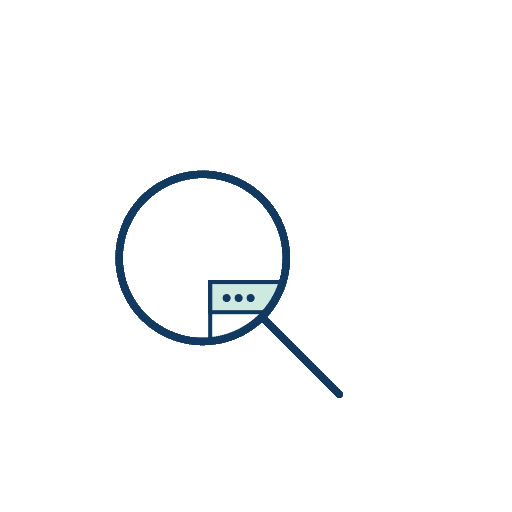Structure
- Agent, Environment, Action, State, Reward
Basic idea - random action → check reward → observation given state → learn → make policy
- Receive feedback in the form of rewards
- Agent’s utility is defined by the reward function
- Must (learn to) act so as to maximize expected rewards
- All learning is based on observed samples of outcomes
Reinforcement Learning Terms
RL Exploration
RL Exploitation
Meta Reinforcement learning
Policy Rollout
RL Demonstration
On-policy
Open-loop system
Closed-loop system
Off-policy
Passive reinforcement learning
Offline Learning
Online Learning
RL horizon
Asymptotic performance
RL environment
Reward function
Multi-Armed Bandit
Temporal difference learning
Self Play
RL Plasticity
States
- environment state - environment representation
- agent state - agent representation - most used state
- information state (Markov state) - probability from start to this state = probability from previous state to this state → state is Markov (independant)
Others
- history - sequence of observation, action, reward
- value iteration

- policy iteration
- MDP - policy and value

Both value iteration and policy iteration compute the same thing (all optimal values)

 Seonglae Cho
Seonglae Cho